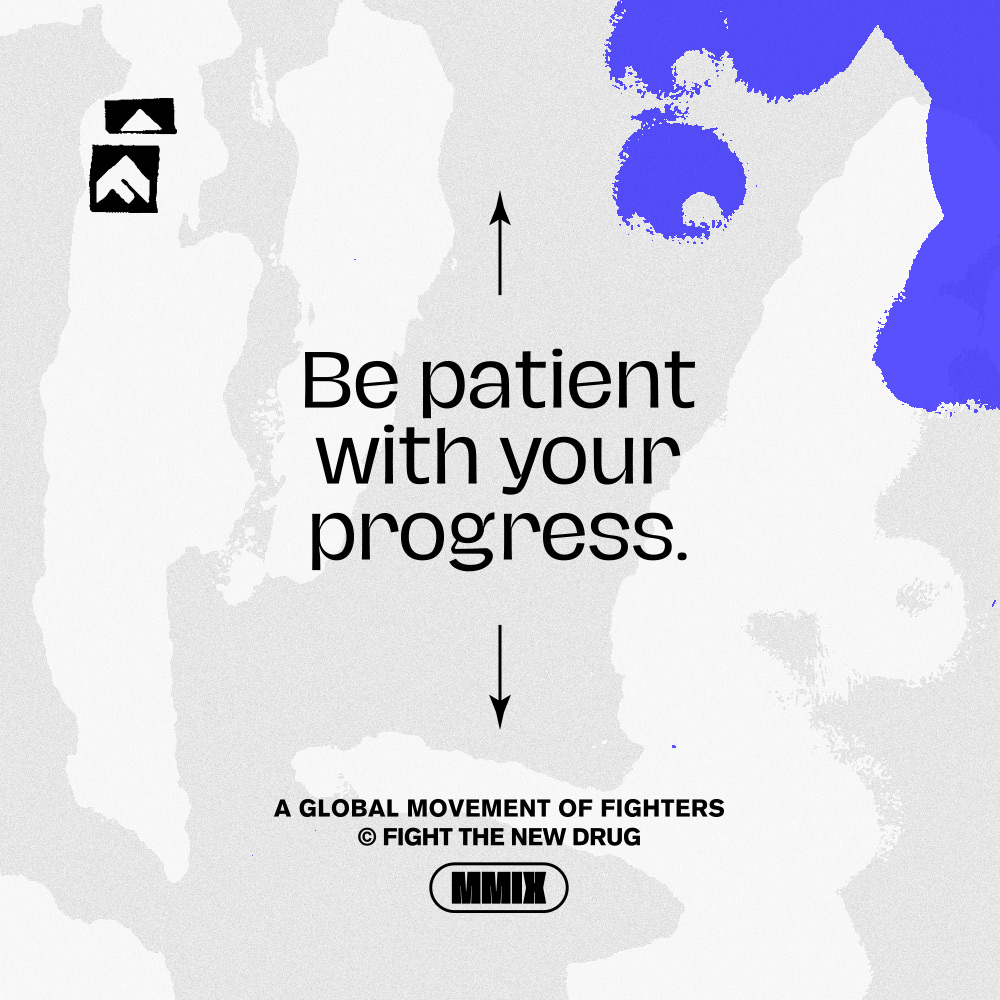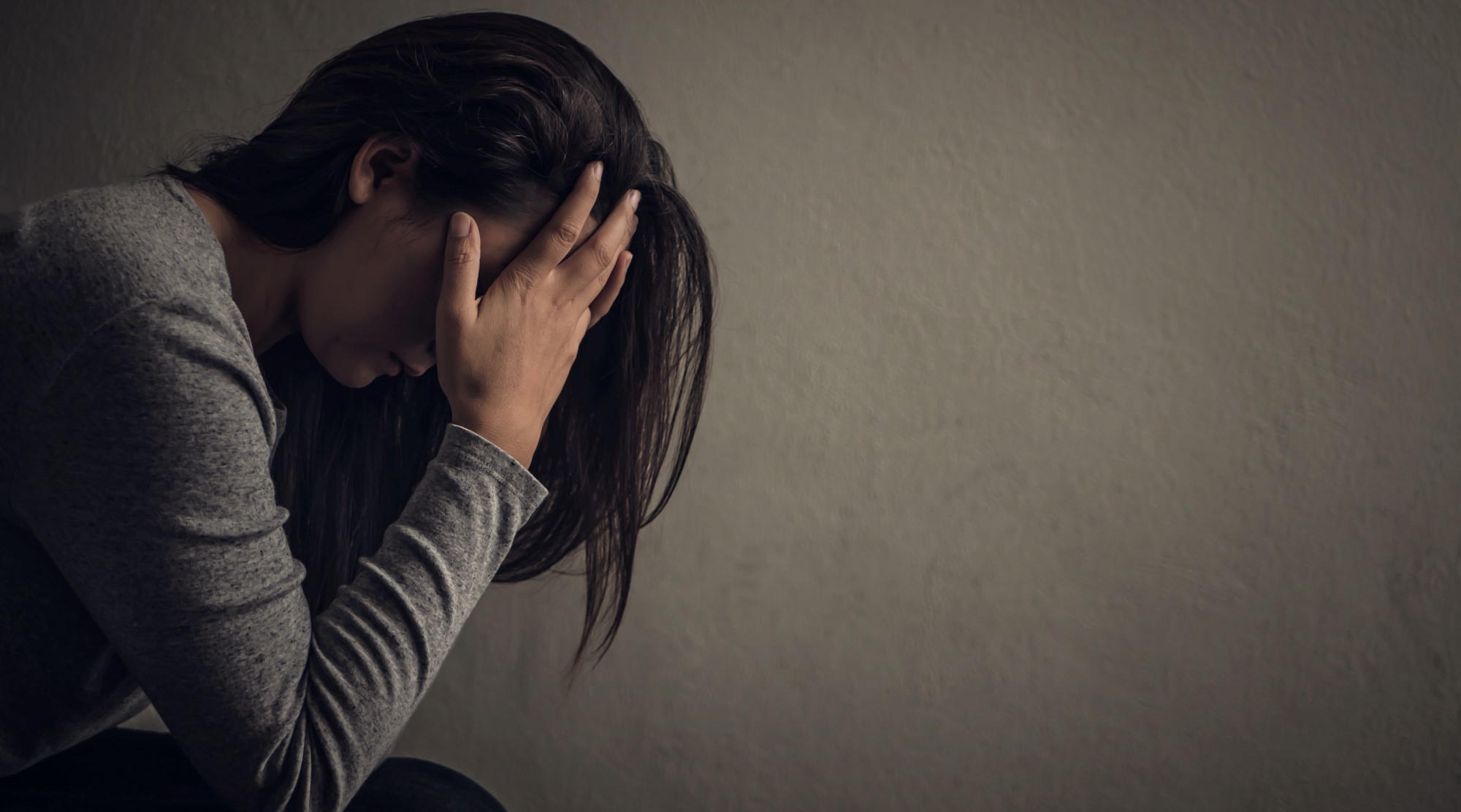FTND note: We continually encourage couples to make decisions about their relationship that’s best for them. Sometimes, that choice is to go their separate ways, and sometimes, that mutual choice is to stay and support each other through the struggles porn brings. It all depends on the couple, and we respect the decisions people make for themselves. There’s no “correct” answer, every relationship is different.
“Am I crazy?”
“Why am I not good enough?”
“Can I ever trust them again?”
These are all questions frequently asked by partners of people who are struggling with porn. While a great deal of information and help exists for those suffering from porn compulsion or obsession with porn, partners are often left feeling alone but with equally real wounds of their own.
Though psychology once followed a model of codependency for partners of those struggling with porn, more and more psychologists are coming to realize that partners are most often not codependent but are suffering from real trauma of their own as a result of their partner’s issue.
This is called betrayal trauma, and it’s something Travis and Emily have had to overcome. Watch their story below to learn about what this experience can look like in real life.
The symptoms
The American Psychological Association defines trauma as “an emotional response to a terrible event like an accident, assault or natural disaster. Immediately after the event, shock and denial are typical. Longer-term reactions include unpredictable emotions, flashbacks, strained relationships and even physical symptoms like headaches or nausea.” [1]
Related: The Male Perspective: My Girlfriend Is Watching Porn Behind My Back
Discovering a partner’s porn habit can truly be a traumatic event for some people. Partners of porn consumers often feel that their lives have been turned upside down—they realize their partner has a secret world where he or she seeks sexual satisfaction and emotional gratification outside of the relationship. They may feel betrayed, they may do not know who to trust anymore, and they may even feel unsafe.
In 2005, Dr. Kevin Skinner co-authored an assessment called “Trauma Inventory for Partners of Sex Addicts” (TIPSA). This assessment has given psychologists a glimpse into what partners of sex addicts, including porn addicts, actually endure. This assessment, along with other studies, has shown that many of these individuals experience symptoms of post-traumatic stress.
Symptoms include indescribable fear, reliving the experience (such as the moment the partner was caught in the act), having negative self-cognition (thoughts like, “If I were only sexier he/she would not do this”), and increased emotional arousal (anxiety, yelling, sleep problems from racing thoughts, suicidal thoughts). Many partners isolate themselves, feeling alone in their struggle. [2]
You are not alone
Let’s be clear. Science has shown that this trauma is normal. If you’re dealing with symptoms like this in the wake of discovering a partner’s porn problem, you are not alone. Confusion, anger, anxiety, racing thoughts, crying, feelings of helplessness, loss of interest in things you used to enjoy—they are all normal for individuals in a situation like this. You are not going crazy. You have been traumatized.
Related: It’s Okay To Not Be Okay: What Partners Of Porn Consumers Want You To Know
When a person is experiencing betrayal trauma, their body enters into “fight, flight, or freeze” mode. In his course entitled “Healing from Betrayal Trauma” with Bloom, an online support for women, Dr. Skinner presents a description of what one woman suffered when she first discovered her husband’s struggle with pornography. She wrote:
“First time: I was alone. I went downstairs and curled up on a couch. I felt like a huge part of me had died. I waited there nearly fainting from shock and agony until my husband came home. I felt paralyzed. I felt like I had been shot in the chest and stomach—true physical, unbelievable pain. Nausea, racing heart. I didn’t know what to think—confusion, bewilderment.”
Sound familiar? This is by no means an extreme or ridiculous reaction. Dr. Skinner says, “This is a normal response of fight, flight, freeze, which is what we do when we feel threatened. And if we stay in those, we’re most likely to get PTSD symptoms.”
To learn more about why porn is hurtful in relationships, watch episode two, “The Heart,” of our three-part documentary series, Brain, Heart, World. You’ll hear more of Travis and Emily’s story, dive into the science and personal stories that explain why porn drives a serious wedge in between partners in a relationship, and learn what you can do to fight for your love and heal from the hurt.
There Is Hope
If your partner is struggling with porn, you are not alone—know that there is hope, and there is help. As you navigate this difficult situation, there are supportive communities and resources available to you. Below is a non-exhaustive list of several resources for those experiencing hurt because of their partner’s porn consumption. Note that this isn’t a complete resource list.
Disclaimer: For those who may find themselves involved in this sensitive situation, their responses can differ. This is why resources need to fit the specific needs of whoever is seeking them. Some of these resources are gender-specific, others are religiously-affiliated, others use a variety of approaches. Fight the New Drug is a non-religious and non-legislative awareness and education organization hoping to provide access to resources that are helpful to those who need support. Including this list of recommendations does not constitute an endorsement by Fight the New Drug.

Citations
[1] http://www.apa.org/topics/trauma/
[2] Skinner, Kevin B. “The Lasting Effects of Sexual Betrayal.” Psychology Today. Web. 13 Aug 2015. https://www.psychologytoday.com/blog/inside-porn-addiction/201508/the-lasting-effects-sexual-betrayal
Your Support Matters Now More Than Ever
Most kids today are exposed to porn by the age of 12. By the time they’re teenagers, 75% of boys and 70% of girls have already viewed itRobb, M.B., & Mann, S. (2023). Teens and pornography. San Francisco, CA: Common Sense.Copy —often before they’ve had a single healthy conversation about it.
Even more concerning: over half of boys and nearly 40% of girls believe porn is a realistic depiction of sexMartellozzo, E., Monaghan, A., Adler, J. R., Davidson, J., Leyva, R., & Horvath, M. A. H. (2016). “I wasn’t sure it was normal to watch it”: A quantitative and qualitative examination of the impact of online pornography on the values, attitudes, beliefs and behaviours of children and young people. Middlesex University, NSPCC, & Office of the Children’s Commissioner.Copy . And among teens who have seen porn, more than 79% of teens use it to learn how to have sexRobb, M.B., & Mann, S. (2023). Teens and pornography. San Francisco, CA: Common Sense.Copy . That means millions of young people are getting sex ed from violent, degrading content, which becomes their baseline understanding of intimacy. Out of the most popular porn, 33%-88% of videos contain physical aggression and nonconsensual violence-related themesFritz, N., Malic, V., Paul, B., & Zhou, Y. (2020). A descriptive analysis of the types, targets, and relative frequency of aggression in mainstream pornography. Archives of Sexual Behavior, 49(8), 3041-3053. doi:10.1007/s10508-020-01773-0Copy Bridges et al., 2010, “Aggression and Sexual Behavior in Best-Selling Pornography Videos: A Content Analysis,” Violence Against Women.Copy .
From increasing rates of loneliness, depression, and self-doubt, to distorted views of sex, reduced relationship satisfaction, and riskier sexual behavior among teens, porn is impacting individuals, relationships, and society worldwideFight the New Drug. (2024, May). Get the Facts (Series of web articles). Fight the New Drug.Copy .
This is why Fight the New Drug exists—but we can’t do it without you.
Your donation directly fuels the creation of new educational resources, including our awareness-raising videos, podcasts, research-driven articles, engaging school presentations, and digital tools that reach youth where they are: online and in school. It equips individuals, parents, educators, and youth with trustworthy resources to start the conversation.
Will you join us? We’re grateful for whatever you can give—but a recurring donation makes the biggest difference. Every dollar directly supports our vital work, and every individual we reach decreases sexual exploitation. Let’s fight for real love:




